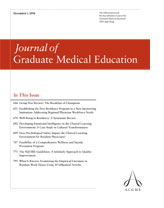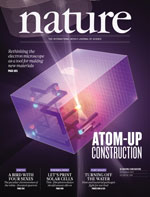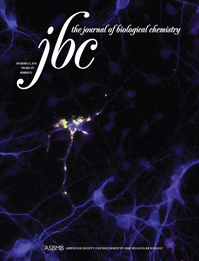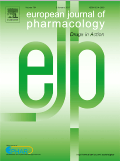 Nearly five years ago, researchers suggested that the vast majority of preclinical cancer research wouldn’t hold up to follow-up experiments, delaying much needed treatments for patients. In a series of articles publishing tomorrow morning, eLife has released the results of the first five attempts to replicate experiments in cancer biology — and the results are decidedly mixed.
Nearly five years ago, researchers suggested that the vast majority of preclinical cancer research wouldn’t hold up to follow-up experiments, delaying much needed treatments for patients. In a series of articles publishing tomorrow morning, eLife has released the results of the first five attempts to replicate experiments in cancer biology — and the results are decidedly mixed.
As our co-founders Adam Marcus and Ivan Oransky write in STAT, the overall take-home message was that two studies generated findings similar to the original, one did not replicate the original, and two others were inconclusive.
They quote Brian Nosek, a psychologist at the University of Virginia, in Charlottesville, who runs the Center for Open Science, who has been leading the replication effort in his own field:
Continue reading At last, cancer reproducibility project releases some results — and they’re mixed


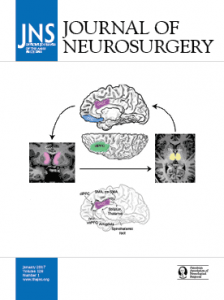
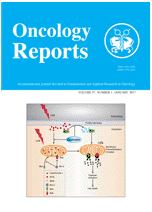 An oncology journal has decided to retract a 2012 paper on gastric cancer after discovering duplicated data in multiple figures.
An oncology journal has decided to retract a 2012 paper on gastric cancer after discovering duplicated data in multiple figures.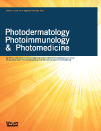 Researchers have agreed to pull a 2015 study exploring whether a plant extract can safeguard tanners from ultraviolet exposure after not obtaining formal approval from an ethics committee.
Researchers have agreed to pull a 2015 study exploring whether a plant extract can safeguard tanners from ultraviolet exposure after not obtaining formal approval from an ethics committee.